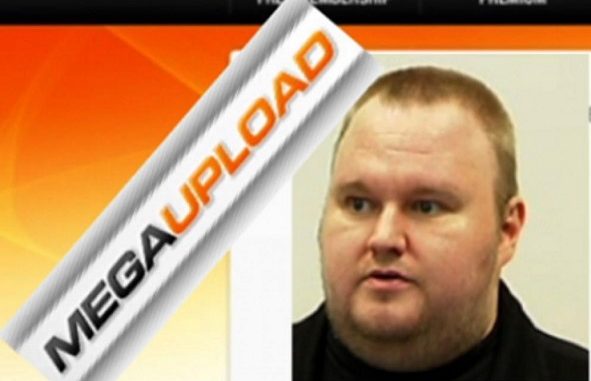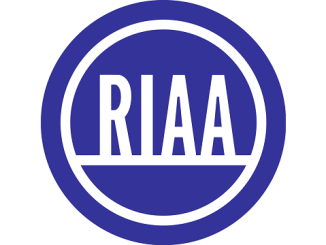
Should Kim Dotcom and his former Megaupload colleagues be sent to the US to face charges of copyright infringement, racketeering, and money laundering? The New Zealand District Court ruled that they can and in December 2017, the Hight Court reached the same conclusion. In a hearing now underway in the Court of Appeal, lawyers for the defendants will attempt to turn the tide.
More than six years ago in January 2012, file-hosting site Megaupload was shut down by the United States government and founder Kim Dotcom and his associates were arrested in New Zealand.
What followed was an epic legal battle to extradite Dotcom, Mathias Ortmann, Finn Batato, and Bram van der Kolk to the United States to face several counts including copyright infringement, racketeering, and money laundering. Dotcom has battled the US government every inch of the way.
The most significant matters include the validity of the search warrants used to raid Dotcom’s Coatesville home on January 20, 2012. Despite a prolonged trip through the legal system, in 2014 the Supreme Court dismissed Dotcom’s appeals that the search warrants weren’t valid.
In 2015, the District Court later ruled that Dotcom and his associates are eligible for extradition. A subsequent appeal to the High Court failed when in February 2017 – and despite a finding that communicating copyright-protected works to the public is not a criminal offense in New Zealand – a judge also ruled in favor.
Of course, Dotcom and his associates immediately filed appeals and today in the Court of Appeal in Wellington, their hearing got underway.
Lawyer Grant Illingworth, representing Van der Kolk and Ortmann, told the Court that the case had “gone off the rails” during the initial 10-week extradition hearing in 2015, arguing that the case had merited “meaningful” consideration by a judge, something which failed to happen.
“It all went wrong. It went absolutely, totally wrong,” Mr. Illingworth said. “We were not heard.”
As expected, Illingworth underlined the belief that under New Zealand law, a person may only be extradited for an offense that could be tried in a criminal court locally. His clients’ cases do not meet that standard, the lawyer argued.
Turning back the clocks more than six years, Illingworth again raised the thorny issue of the warrants used to authorize the raids on the Megaupload defendants.
It had previously been established that New Zealand’s GCSB intelligence service had illegally spied on Dotcom and his associates in the lead up to their arrests. However, that fact was not disclosed to the District Court judge who authorized the raids.
“We say that there was misleading conduct at this stage because there was no reference to the fact that information had been gathered illegally by the GCSB,” he said.
But according to Justice Forrest Miller, even if this defense argument holds up the High Court had already found there was a prima facie case to answer “with bells on”.
“The difficulty that you face here ultimately is whether the judicial process that has been followed in both of the courts below was meaningful, to use the Canadian standard,” Justice Miller said.
“You’re going to have to persuade us that what Justice Gilbert [in the High Court] ended up with, even assuming your interpretation of the legislation is correct, was wrong.”
Although the US seeks to extradite Dotcom and his associates on 13 charges, including racketeering, copyright infringement, money laundering and wire fraud, the Court of Appeal previously confirmed that extradition could be granted based on just some of the charges.
The stakes couldn’t be much higher. The FBI says that the “Megaupload Conspiracy” earned the quartet $175m and if extradited to the US, they could face decades in jail.
While Dotcom was not in court today, he has been active on Twitter.
“The court process went ‘off the rails’ when the only copyright expert Judge in NZ was >removed< from my case and replaced by a non-tech Judge who asked if Mega was ‘cow storage’. He then simply copy/pasted 85% of the US submissions into his judgment,” Dotcom wrote.
Dotcom also appeared to question the suitability of judges at both the High Court and Court of Appeal for the task in hand.
“Justice Miller and Justice Gilbert (he wrote that High Court judgment) were business partners at the law firm Chapman Tripp which represents the Hollywood Studios in my case. Both Judges are now at the Court of Appeal. Gilbert was promoted shortly after ruling against me,” Dotcom added.
Dotcom is currently suing the New Zealand government for billions of dollars in damages over the warrant which triggered his arrest and the demise of Megaupload.
The hearing is expected to last up to two-and-a-half weeks.
Source: ![]() TorrentFreak.com
TorrentFreak.com






Be the first to comment